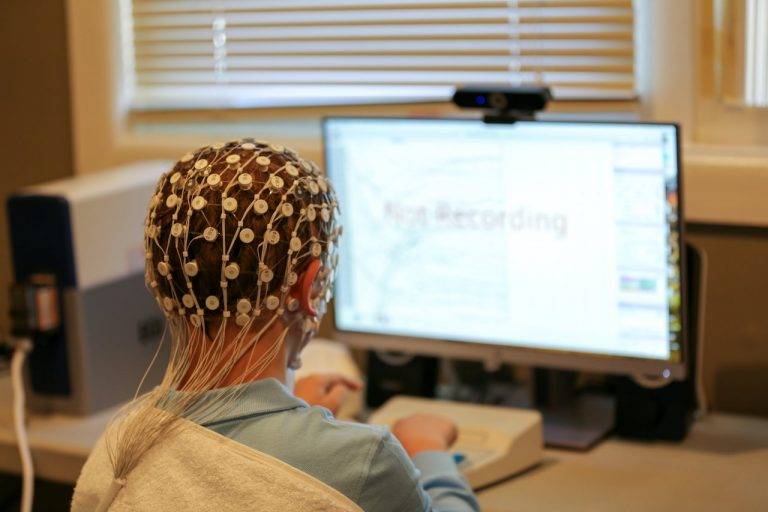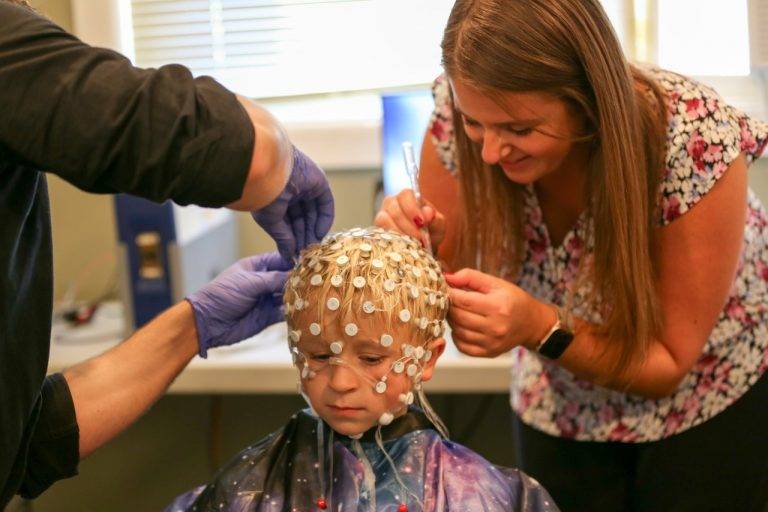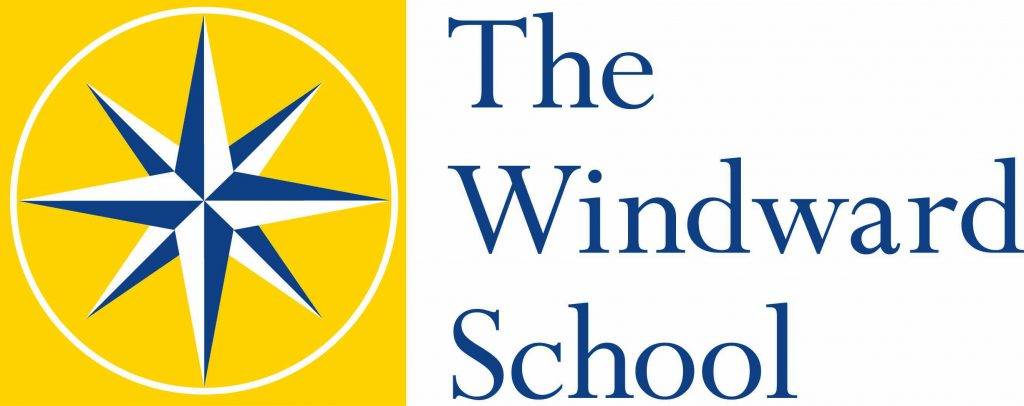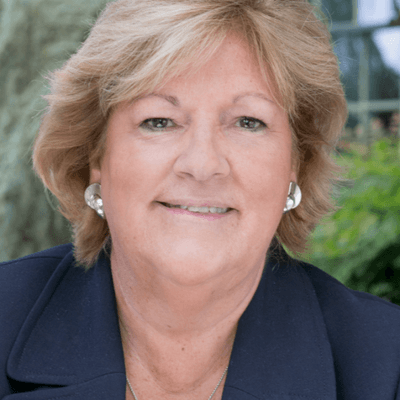IN-SCHOOL NEUROSCIENCE LABS
Improving teachers’ knowledge of language and literacy, and translating best practices in classroom for an optimal literacy education
Context
- Difficulties in literacy development and associated poor academic outcomes have been described as an educational crisis in the U.S. and globally. Poor literacy is directly linked to poor health outcomes and reduced income, creating a vicious cycle that can impact multiple generations.
- Children living in poverty and/or children with neurodevelopmental challenges, such as reading disability (RD) are most at-risk for these difficulties
- In the United States alone, 63% of 4th grade students and 66% of 8th grade student performed at below basic or basic levels in reading, according to the 2017 National Assessment of Educational Progress (NAEP). Moreover, within the group eligible for reduced or free lunch, 78% of 4thgrade students and 79% of 8th grade students scored at below grade level on reading assessments.
- Successful academic outcomes depend significantly on the availability of high-quality literacy instruction and remediation. Moreover, while many high-quality interventions have been developed by researchers and education specialists, their application in the classrooms can be inconsistent.
- For children with RD, even high-quality evidence-based or research informed instruction may not be sufficient. Evidence shows that a significant percentage of children with RD will have persistent reading problems. To date, there is no consensus on why some children with RD have persistent reading problems or what the next steps should be for these students.


Objectives
Our in-school neuroscience project hopes to address some of these challenges through direct engagement and joint research studies involving scientists and educators.
- Objective 1: Identifying neurocognitive predictors of reading intervention response for individual children
- Objective 2: Create a bi-directional learning environment for researchers, educators and students
Activities
- Objective 1
- In-School Neuroscience Program: Establish in situ neuroscience laboratories to conduct hands-on workshops for students and educators, and collect unique in-classroom data to directly assess instructional effectiveness in real time.
- Careful neurocognitive characterization and longitudinal tracking of students: Identify neurocognitive predictors of reading intervention response for individual children. Identification of predictors is a first step toward determining “what works for whom” and eventually toward developing individualized treatment approaches.
- Objective 2
- Training of teachers in data-collection techniques: Educators and students are involved throughout the data-collection process and instructed on the basis of electroencephalogram-based studies.
Immersion of researchers in classroom practices: Coordination of cognitive data collection with the curriculum being implemented in the classroom.
The team
Partners

AIM Institute for Learning & Research
The AIM Institute for Learning & Research®, in tandem with AIM Academy, was launched in 2006 with the belief that teachers can best serve struggling learners when they are knowledgeable about current trends in the neurological and behavioral bases of learning and reading. AIM’s vision was to create a bridge between this research and classroom practice, through teacher training in evidence-based practices. Our ultimate goal is to foster a professional learning community hub where top researchers and practitioners can work side-by-side to advance the field of education.
The Windward School
A coed, independent day school exclusively for students with dyslexia and language-based learning disabilities, The Windward School enrolls students in grades one through nine. 98% of Windward students move on to mainstream schools after completing The Windward School’s academic program. The Windward School is nationally recognized for its development of instructional programs designed specifically to help students achieve language proficiency. The School’s academic curriculum is research-based and multisensory in nature and is designed to give students the skills they need to succeed in school and return with confidence to mainstream educational settings.










